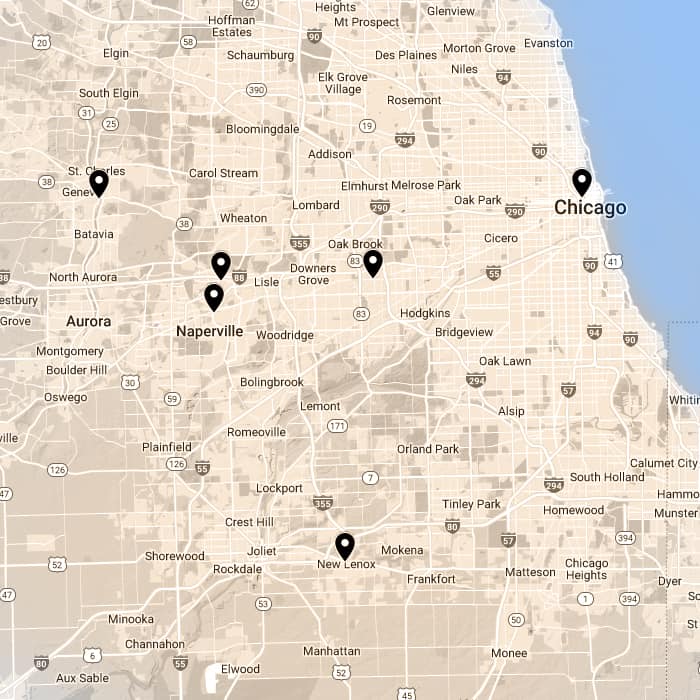According to the National Institute of Mental Health, there will be at least one child with ADD or ADHD in every school classroom in the country. These children struggle with special learning and behavioral issues. They also grow up into adults, continuing to struggle with ADD and ADHD.
Rago & Associates believe that expert counseling can empower individuals to appreciate and master their way of thinking. People with ADHD can be driven, high-energy, flexible, lively, enthusiastic, and extremely creative.
Attention Deficit Disorder with Hyperactivity (ADHD) is hard to miss in children. It is the child who can’t sit still, can’t wait his or her turn, is in constant motion, is running and climbing inappropriately, can’t wait to talk, talks too loud, acts first and thinks second. Children with ADHD often have difficulty with their minds to keep up with their bodies. They have so much trouble with impulse control that they are often in trouble, and often confused about why. It takes a toll on self-esteem when a nice person is trying hard, but is unable to control behaviors, sit still or follow directions. Being disruptive makes kids stand out and become targeted as the kid who always has someone mad at them and displeased with them. ADD is Attention Deficit Disorder without the hyperactivity. These children are often not diagnosed, perhaps throughout their entire lives, because ADD is less disruptive and more silent than ADHD. Undiagnosed ADD sufferers often have terrible self-esteem due to not understanding why they have so much trouble completing projects and learning. People with ADHD and ADD both have the cardinal feature of inattention. It is hard to keep their mind on any one thing. It’s hard to follow directions. Details are ignored and careless mistakes are often made. The person with Attention Deficit Disorder appears forgetful, distracted and disorganized. In adulthood, ADD and ADHD often results in procrastination, pressured speech that jumps from topic to topic, incompletions (never finishing one task before moving on to the next) and poor self-image (even when high achieving) due to the belief that so much more could be accomplished if only the person was not so disorganized.
The exact cause of ADHD is not fully understood, but it's believed to result from a combination of various genetic, neurological, environmental, and social factors. Genetic predispositions include family history and specific genes, and prenatal risks, such as alcohol and tobacco exposure during pregnancy, premature birth, and low birth weight, can elevate ADHD chances. Environmental toxins like lead, traumatic brain injuries, chaotic environments, and certain medical conditions can also contribute. While factors like diet and specific food additives are sometimes debated as potential contributors, they're not widely accepted as primary causes. Please remember - the presence of these risk factors doesn't guarantee the onset of ADHD. Many people with several risk factors don't develop the disorder, while others who are diagnosed may have few or none of these risks.
ADD and ADHD reduces productivity, interferes with relationships and can often cause depression and anxiety problems. It is painful to have such a lack of control over your education, career and impulses. People with ADD and ADHD get much negative feedback from others and become very frustrated, which can lead to depression and anxiety problems.
Counseling for ADD and ADHD involves learning strategies to control impulses and improve the ability to attend to selected information. Much of all good counseling involves learning to appreciate and master an individual’s gifts. ADD/ADHD can be gifts because people with these disorders can be driven, high energy, flexible, lively, enthusiastic and extremely creative. Some people with ADD/ADHD are quite intelligent and gifted. People with this disorder can be lots of fun to be around! Learning how to appreciate your “gift” of ADD/ADHD, and overcome the ways it interferes with your life is the task of good counseling.


Looking for trusted eating disorder therapy centers in Chicago and nearby areas?
Our seasoned therapists utilize evidence-based approaches to support recovery in a welcoming environment. Whether you’re seeking help for yourself or a loved one, our centers are conveniently located throughout the Chicago area, ensuring you find the right support close to home.
Let us be your partner on the journey to healing and recovery.
Considering help? Feel free to email Dr. Maria Rago, counseling director at Rago & Associates. She will personally read it and connect you with the services and people she believes can best help you or your loved one.